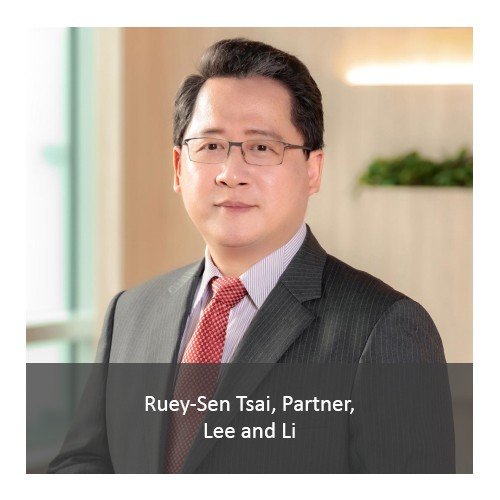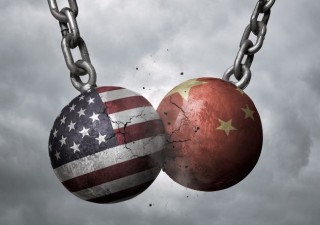According to the court litigation case filing history, Largan had also filed criminal complaints against Ability as well as its chairman, president and other four employees (who used to work for Largan) against their criminal liabilities. Local news reported that the Taichung District Court rendered the criminal judgment on January 26, 2021 and found all of the defendants guilty in violation of the Trade Secrets Act, the Copyright Act and the Criminal Code concerning breach of trust, and then imposed them with punishments for five or six months in jail.
Yet, Largan announced on March 5, 2021 that it would withdraw all of the civil litigations and criminal complaints as well as any other enforcement actions against Ability and other defendants due to settlements between the two companies. Largan did not disclose the details of the settlement agreement due to their non-disclosure agreement, though.
“Due to the NDA, Largan or Ability did not disclose the reason why Largan withdrew all of the litigations against Ability,” says Ruey-Sen Tsai, a partner at Lee and Li in Taipei. “Nonetheless, both of the companies had sent huge costs in these litigations over the past six years - such lengthy and costly litigations will definitely impact their daily operations. Settlement should therefore be a better solution for both of the companies. Otherwise, the litigations may continue for years.”
“It is quite common in Taiwan that similar lawsuits often end up with settlement when the disputes are mainly involved in commercial business,” Tsai says. “As a judicial policy in Taiwan, once a lawsuit is filed here, the public prosecutors or judges will do their best to assist the parties to the litigation to reach a possible settlement before the public prosecutor or the judges substantially review the case.”
Johnny Chan








